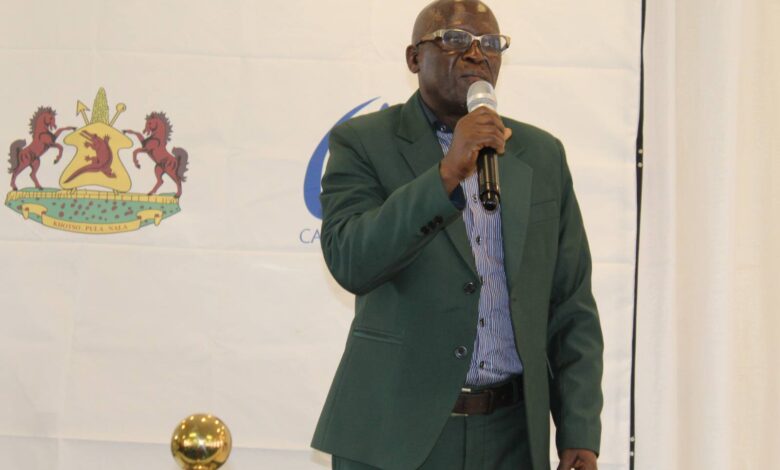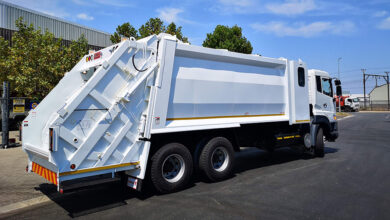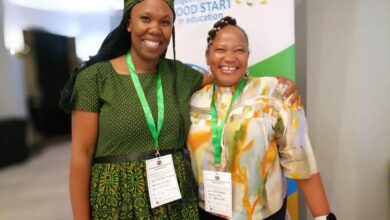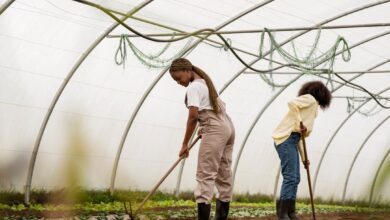DMA Launches Nationwide Data Collection for 2025/26 Lesotho Vulnerability Assessment and Analysis

Maseru, Lesotho — The Disaster Management Authority (DMA) has officially launched the Lesotho Vulnerability Assessment and Analysis (LVAC) data collection exercise, a critical nationwide initiative spanning all ten districts of the country. The effort, which began this week, sets in motion the groundwork for the 2025/26 LVAC report — a key tool in identifying and addressing the needs of vulnerable communities across Lesotho.
The LVAC exercise is a cornerstone of Lesotho’s approach to food security, emergency preparedness, and socio-economic planning. By collecting data on household nutrition, livelihoods, income sources, market access, and resilience to shocks such as droughts or inflation, the assessment provides a detailed snapshot of the current living conditions faced by Basotho families.
According to the DMA, this year’s assessment is more urgent than ever, as the country continues to grapple with climate-related challenges, rising food prices, and post-pandemic economic pressures. The findings will directly inform government policy, humanitarian interventions, and long-term development programs aimed at reducing vulnerability and improving quality of life.
“The LVAC process is not just a data exercise — it is a lifeline,” said a DMA representative at the launch. “What we collect today will shape the response plans of tomorrow, ensuring that the most affected households receive the support they need.”
The data collection teams, comprised of trained enumerators and experts from various ministries and development partners, are engaging with communities throughout the country. Their goal is to ensure accuracy and inclusivity in capturing diverse perspectives from urban centers, rural villages, and hard-to-reach areas.
Over the next several weeks, field teams will be assessing key indicators such as food availability, coping mechanisms during lean seasons, access to health services, and the impacts of past disasters. The results will feed into the comprehensive 2025/26 LVAC report, expected to be released later this year.
International partners and stakeholders — including UN agencies, NGOs, and regional bodies — have expressed strong support for the initiative, citing its importance in guiding coordinated response strategies and targeting aid more effectively.
As Lesotho faces increasingly complex development and climate challenges, the LVAC data collection represents a crucial step toward building resilience, reducing poverty, and ensuring no household is left behind.
The DMA has called on citizens to cooperate with data collectors and remain open during interviews, emphasizing that accurate information is key to driving meaningful change.
With the launch now underway, Lesotho takes another proactive step in strengthening its national safety net and preparing for a more secure future.
Join 'Lesotho News' WhatsApp Channel
Get breaking Lesotho news — delivered directly to your WhatsApp.
CLICK HERE TO JOIN



